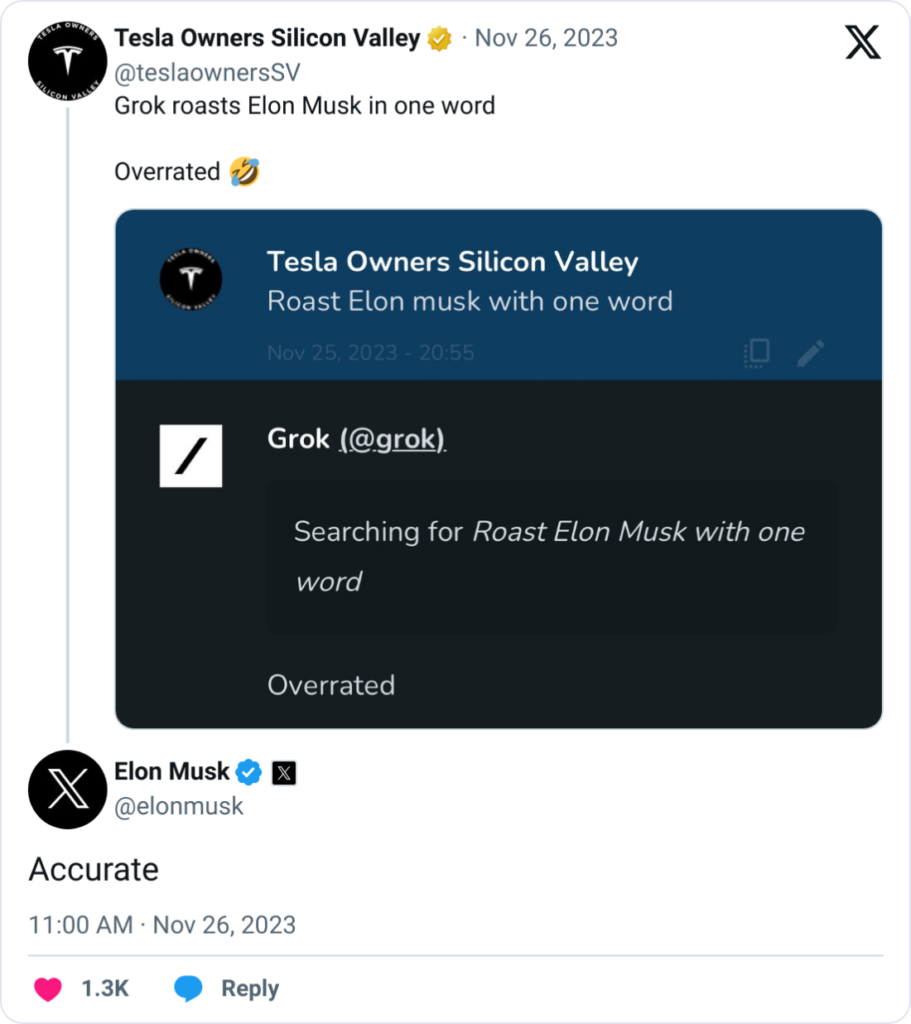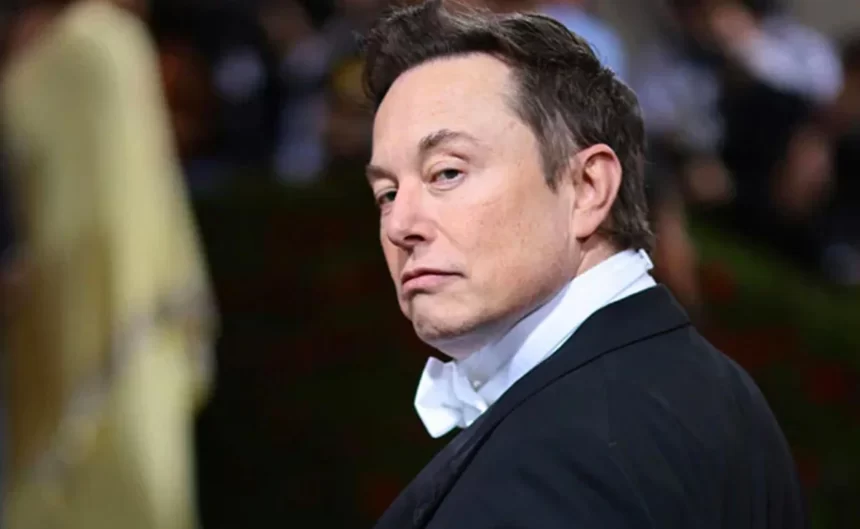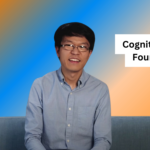In a recent exchange that went viral on social media, Elon Musk’s AI chatbot, Grok, described the billionaire entrepreneur as “overrated.” The exchange, which was initiated by a user who asked Grok to roast Musk in a single word, sparked a debate about the nature of artificial intelligence and its potential to challenge our perceptions of reality.
Musk, known for his sense of humor, took the assessment in stride, responding to the post with a simple “Accurate.” While some believe Grok’s assessment merely reflects its programming, others suggest the chatbot may have picked up on subtle cues in Musk’s public persona.

Regardless of the reason, the exchange highlights the growing sophistication of AI and its potential to shape our understanding of the world and ourselves. As AI continues to evolve, it’s crucial to consider its implications, ensuring it’s used responsibly and ethically.
Delving into Grok’s Assessment
Grok, developed by Musk’s xAI company, is an AI chatbot designed to comprehend and generate human language. Its assessment of Musk as “overrated” could stem from various factors.
One possibility is that Grok’s training data, a massive dataset of text and code, contains instances where Musk is criticized or presented in a less flattering light. This could have led Grok to associate Musk with negative connotations.
Another possibility is that Grok analyzed Musk’s public persona, including his statements, actions, and media coverage, and concluded that his perceived accomplishments are exaggerated or outweighed by controversies and potential risks associated with his ventures.
Regardless of the specific factors, Grok’s assessment is thought-provoking, prompting us to question how AI perceives and evaluates individuals.
AI’s Role in Shaping Perceptions
The exchange between Musk and Grok raises concerns about the potential influence of AI on our perceptions of reality. As AI becomes more integrated into our lives, it could shape our understanding of individuals, events, and even ourselves.
AI algorithms can analyze vast amounts of data, including social media posts, news articles, and personal information, to generate profiles and assessments of individuals. While this could be useful for targeted advertising or personalized recommendations, it also raises concerns about privacy, bias, and manipulation.
If AI systems become influential in shaping public perceptions, it’s crucial to ensure they are fair, unbiased, and developed with ethical considerations in mind.
Navigating the Future of AI
The story of Elon Musk and his AI chatbot is a reminder that AI is rapidly evolving and becoming increasingly sophisticated. While AI holds immense potential for progress and innovation, it’s essential to approach its development and deployment with caution and responsibility.
As we move forward, we must prioritize transparency, accountability, and ethical considerations in AI development. We need to ensure that AI systems are designed to benefit humanity, not harm it, and that they align with our values and principles.
Conclusion
The exchange between Elon Musk and his AI chatbot serves as a wake-up call, highlighting the potential impact of AI on our perceptions and the need for careful consideration of its implications. As AI continues to advance, we must engage in open discussions, establish ethical guidelines, and ensure that AI is used for the betterment of society, not its detriment.










